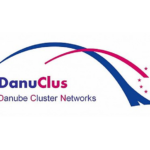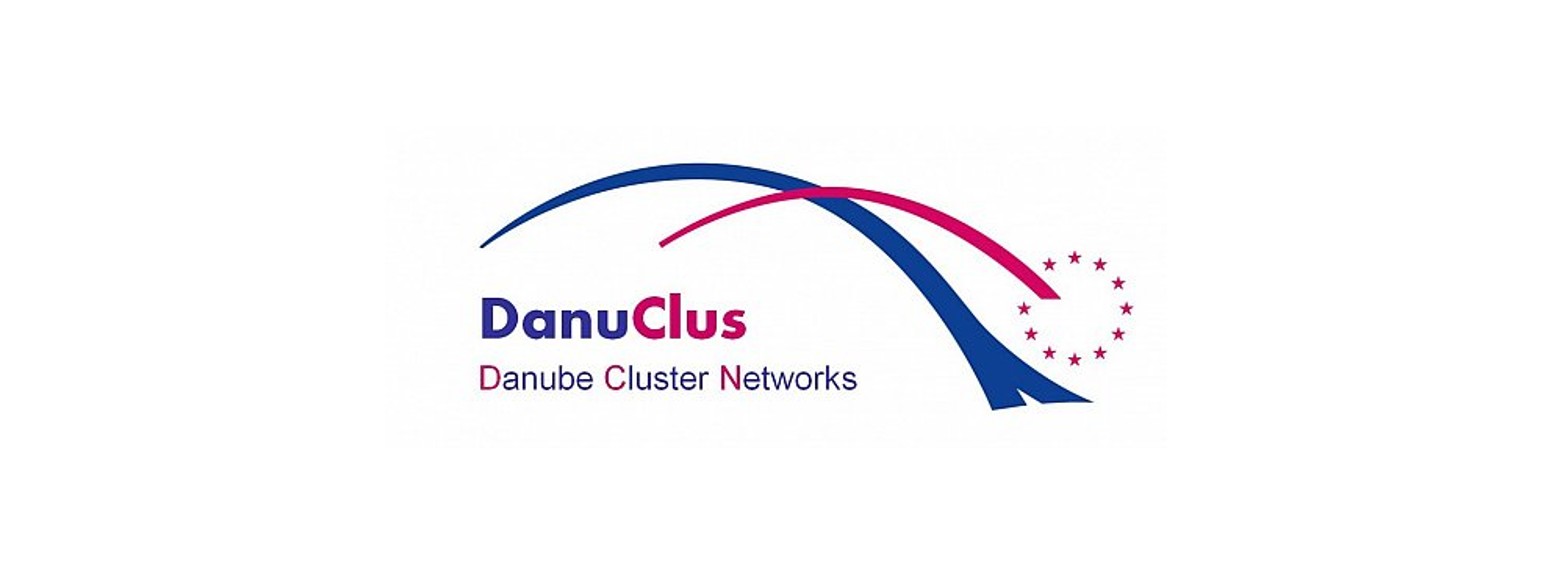In November 2013, Sigrid Winkler participated for the PA 8 working group “Clusters of Excellence” in the CETREGIO exchange program between European and Chinese regions. DG Regio of the European Commission has for several years now run the successful project CETREGIO (Chinese European Training Series on Regional Policy) that brings together regional policy actors to exchange ideas about how to better foster regional development, support economic growth, and find contacts for further bilateral cooperation.
On the Chinese side, the National Development and Reform Commission (NDRC) is leading in the exchanges. The NDRC is a powerful Chinese ministry which gives overall guidance on the economic reform and development process in China. For the NDRC, the European efforts made in the EU Strategy for the Danube Region to foster prosperity and cohesion in a rather disadvantaged region of Europe is a model to study for the development of its relatively poor Western provinces.

During a visit of the Chinese delegation in Upper Austria, and a return visit together with regional representatives from all over Europe, Sigrid Winkler introduced the basic principles of the EUSDR to the Chinese counterparts and explained in detail the project plans of the working group “Clusters of Excellence” for DanuClus.

The European delegation visited the central Chinese city Wuhan, participated in the EU-China urbanization forum in Beijing, where also the presidents Barroso and Van Rompuy as well as the commissioners Hahn and Öttinger were present, and stopped last in the important port city Tianjin. At all three stations the European visitors had the chance to meet regional and national policy makers and could gain first hand impressions of Chinese innovation projects such as high-tech firms, science parks and economic development zones.
Although the concept of clusters is interpreted differently in China, the Chinese counterparts showed much interest in the EU Strategy for the Danube Region and the project DanuClus. Sigrid Winkler could establish many first contacts for future internationalization initiatives within DanuClus.




